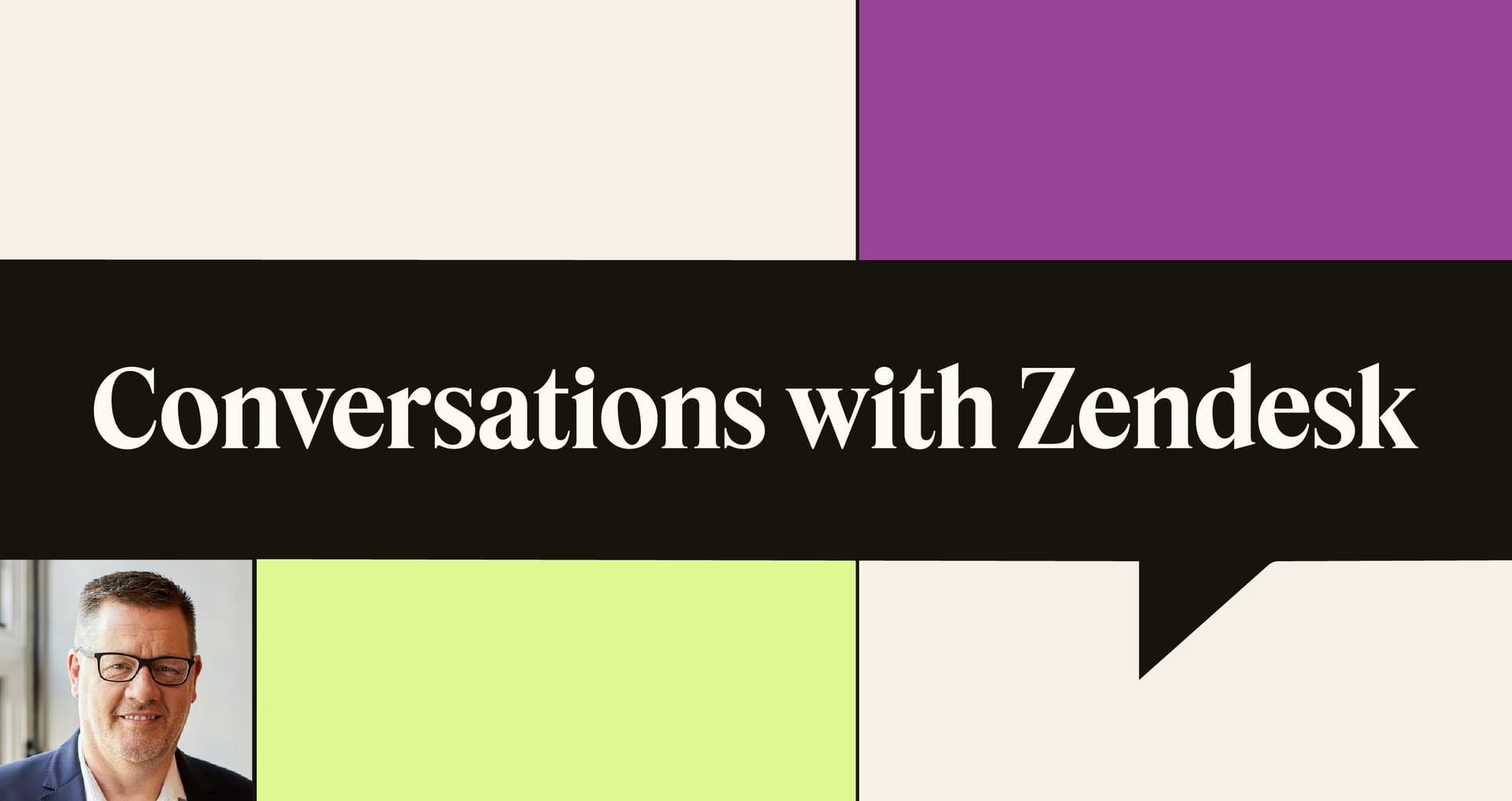Podcast • 2 min read
How an iconic luxury retailer embraced phygital experiences, with Liberty London’s Ian Hunt
When venerable retailer Liberty London faced the disruptive effects of Covid, the business made the shift to hybrid experiences that maintained the company’s legendary personal touch.
Mark Smith
Staff Writer
Última atualização em April 26, 2024
Founded in 1875, Liberty London has long served those who appreciate the finer things in life: beautiful fabrics, high-end housewares, fashion, and more. Known for its stellar customer service and arresting location in the United Kingdom’s capital, Liberty London might at first glance seem to be immune to change—but when the Covid epidemic struck, the business shifted to a “phygital” model.
First, let’s talk about what is meant by phygital, a fairly new term. Phygital means merging physical and digital experiences into one seamless conversation, enabling customers to enjoy personalized, conversational interactions across channels. That can entail starting a conversation over chat or email, then wrapping it up in the brick-and-mortar confines of a business like Liberty London.
In this episode of Conversations with Zendesk, Ian Hunt, Liberty London’s director of operations and customer services, explained that the company’s success stems from keeping it simple: focusing on providing service that keeps customers coming back.
“Instead of obsessing over what you think people’s perception of your brand is, focus on getting the basics right,” Hunt said. “We focus on what’s right for all customers rather than what’s right for a web customer or a store customer.”
Subscribe to Conversations with Zendesk
Stay up to date on the latest episodes on your favorite podcast platform such as Spotify, Apple, YouTube, and Stitcher, or return to the Zendesk blog for new episodes every two weeks.
Now, Liberty London has a robust e-commerce operation, with employees who work from home; as Hunt describes it, embracing a phygital model has transformed many facets of the business, from how products are moved to team communication. That includes virtual appointments—a holdover from Covid—which enable customers to chat online with staff about makeup options, for example.
As Hunt sees it, businesses that plan to move to a phygital model will succeed if they keep a few tenets in mind.
“Were you fast? Were you friendly? Were you factual?” Hunt said. “The [customer] recollection will be that the business did what it said it would do. I asked for help, they gave it, and it wasn’t difficult. Let customers realize that they’re being listened to.”
Stay tuned for the next episode of Conversations with Zendesk, which will feature Michael Pace of VirginPulse, who will talk about his company’s successful methods for scaling with rapid growth by leaning into self-service and employee experience.
